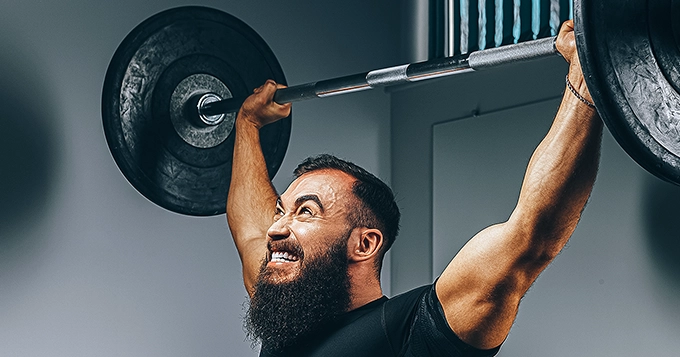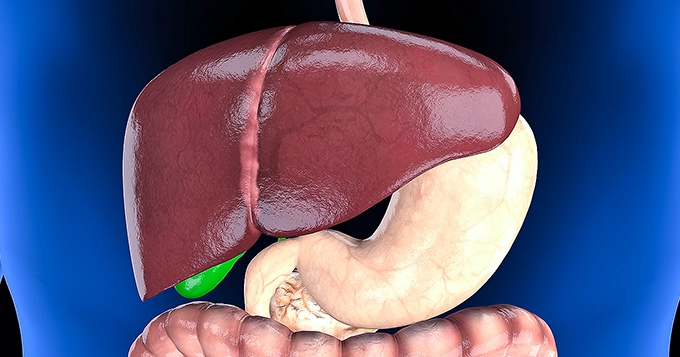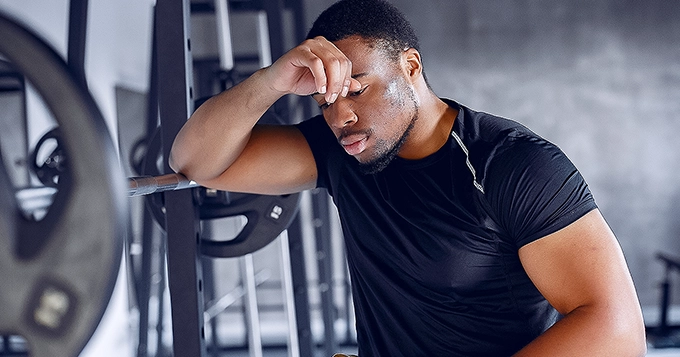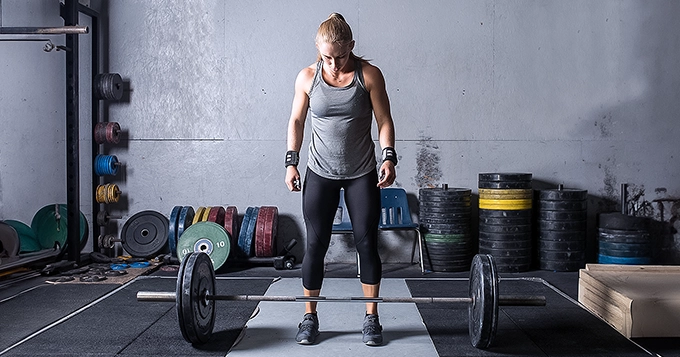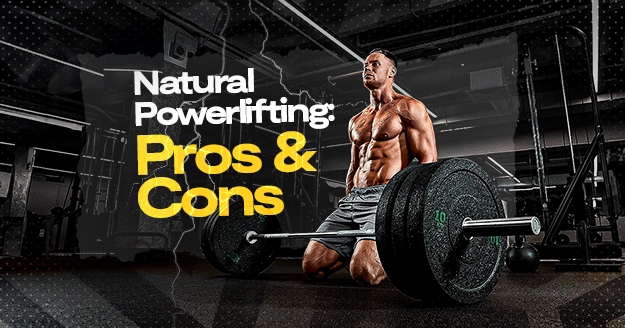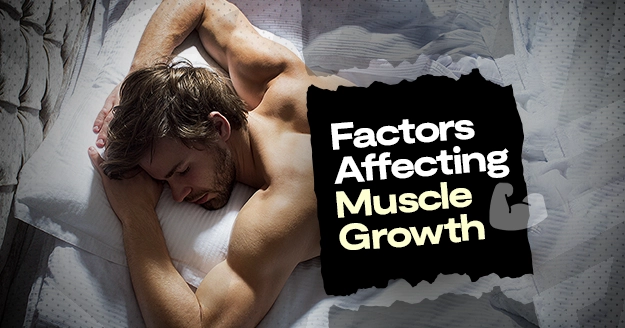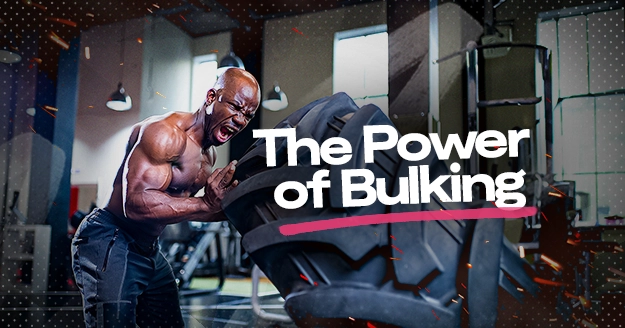Powerlifting is a competitive strength sport that tests an athlete’s maximal strength in three specific lifts: the squat, bench press, and deadlift. Each lift is performed to achieve the maximum possible weight for a single repetition, known as a one-rep max. Competitions are typically divided into weight classes, and lifters compete against others in their class to achieve the highest total combined weight across all three lifts.
The sport requires not only physical strength but also technical skill, mental fortitude, and strategic planning. Lifters must adhere to strict form and technique guidelines to ensure each lift is executed correctly and safely.
Within the powerlifting community, a significant distinction exists between natural powerlifting and enhanced powerlifting.
Natural Powerlifting Defined
Natural powerlifting is the practice of competing and training in powerlifting without the use of performance-enhancing drugs (PEDs) such as steroids, growth hormones, or other banned substances. This approach emphasizes the development of strength and muscle through natural means, including proper nutrition, rigorous training, and adequate rest.
Natural powerlifting federations enforce strict drug-testing policies to ensure that athletes compete on a level playing field. This commitment to natural performance not only promotes long-term health and safety but also upholds the integrity of the sport by ensuring fair competition.
Advantages of Natural Powerlifting
Natural Powerlifting offers numerous benefits that appeal to both competitive athletes and fitness enthusiasts. By choosing to train and compete without the use of performance-enhancing drugs (PEDs), individuals prioritize their natural powerlifter physique, long-term health, ethical integrity, and sustainable progress.
Improved Liver Function
The liver is an important organ that performs various essential processes such as detoxification, protein synthesis, and the creation of biochemicals required for digesting. PEDs, especially anabolic steroids, can significantly impair liver function, leading to severe health consequences.
Balanced Hormonal Level
Hormones play an important role in regulating various physiological processes including growth, metabolism, mood, and reproductive functions. Using PEDs can disrupt these natural hormonal balances, leading to short-term and long-term health issues. Natural Powerlifting supports the body’s ability to maintain a healthy hormonal equilibrium.
Psychological Well-Being
Engaging in this sport supports mental health in various ways, promoting a positive mindset, emotional stability, and overall psychological resilience. By doing natural powerlifting, lifters maintain more stable moods and emotional control reducing the risk of interpersonal conflicts and enhancing overall emotional stability.
Improved Self-Esteem and Confidence
Achieving personal goals in powerlifting through natural means fosters a strong sense of accomplishment and boosts self-esteem. The knowledge that one’s progress is the result of hard work and dedication, rather than artificial enhancements contributes to a more profound and lasting sense of self-worth and confidence.
Joint and Tendon Health
By doing natural powerlifting, athletes achieve gradual, sustainable strength gains that allow tendons and ligaments to adapt and strengthen alongside muscles and a natural powerlifter physique, thereby enhancing joint stability and reducing the likelihood of tendon ruptures and chronic inflammation. This approach supports better collagen production in a natural powerlifting body, which is essential for the integrity and elasticity of connective issues, and encourages safe training practices and adequate recovery.
Commitment to Integrity and Honesty
Competing naturally reflects a commitment to integrity and honesty. Athletes who abstain from PEDs demonstrate respect for the rules and their fellow competitors. The best natural powerlifters take pride in their achievements, knowing that their success is the result of their effort and not artificially enhanced performance.
Adherence to Legal and Regulatory Compliance
One of the critical advantages of natural powerlifting is adherence to legal and regulatory standards set by sports organizations and governing bodies. Compliance with these regulations not only ensures fair competition but also protects athletes from legal repercussions and maintains the integrity of the sport.
Disadvantages of Natural Powerlifting
While natural powerlifting boasts numerous advantages, it also presents several challenges and disadvantages that athletes must consider. Natural powerlifting requires athletes to rely solely on their natural abilities and dedication to achieve competitive success.
Slower Muscle and Strength Gains
One significant disadvantage of natural powerlifting is the slower pace of muscle and strength gains compared to athletes who use performance-enhancing drugs. Without the artificial boost, natural powerlifters rely solely on their genetic potential, training regimen, nutrition, and recovery strategies to build muscle and increase strength.
This natural approach inherently limits the rate at which muscles can hypertrophy and adapt to heavy lifting stimuli. While natural athletes can still achieve impressive gains through consistent and disciplined training, the process tends to be more gradual and requires patience. This slow progress can be frustrating for some athletes aiming to reach competitive milestones or personal bests within a specific timeframe.
It also necessitates a meticulous focus on optimizing training techniques, nutrition intake, and recovery methods to maximize the natural powerlifter physique without compromising long-term health or integrity in the sport.
Increased Risk of Plateaus
Another significant challenge natural powerlifters face is the increased risk of encountering plateaus in their training progress. Plateaus occur when athletes reach a stagnant phase where they struggle to further improve strength or muscle mass despite consistent training efforts.
Plateaus in natural powerlifting can be frustrating and demotivating, especially when athletes strive to achieve performance goals or advance in competitive rankings. Overcoming plateaus requires a strategic approach to training variables such as intensity, volume, frequency, and exercise selection.
Nutritional Challenges
Nutritional Challenges represent a significant hurdle for natural powerlifters striving to optimize their performance without the aid of PEDs. Unlike athletes who may use artificial boosts to enhance nutrient utilization and recovery, natural powerlifters must rely on natural dietary strategies to support muscle growth, recovery, and overall athletic performance. Achieving optimal nutrition involves carefully balancing macronutrients (proteins, carbohydrates, and fats), micronutrients (vitamins and minerals), hydration levels, and timing of meals around training sessions.
Furthermore, managing nutritional intake to support performance while avoiding unnecessary body fat gain requires careful monitoring and adjustment.
Pressure to Perform
Natural powerlifters who compete often face external and internal pressures to consider using these substances to enhance their performance and gain a competitive edge. This pressure can stem from various sources, including the desire to match or surpass the achievements of competitors who use PEDs, the expectation to achieve personal bests or meet specific performance standards, and the influence of societal or peer norms that prioritize results over natural methods.
Internally, natural powerlifters may feel compelled to explore PEDs as a means to accelerate their progress, overcome training plateaus, or recover more quickly from intense workouts. They may perceive PED use as a shortcut to achieving their goals faster or more efficiently.
Externally, athletes may encounter subtle or overt suggestions from coaches, peers, or sponsors to consider PEDs as a viable option for achieving success in competitions. The pressure to conform to these expectations or recommendations can create moral and ethical dilemmas for natural powerlifters.
Resisting to perform with PEDs requires strong personal conviction, ethical resolve, and a steadfast commitment to natural training principles.
Limited Endurance and Stamina
Powerlifters may find themselves lacking the endurance needed for prolonged training sessions or competitions, unlike endurance athletes who specifically train to improve cardiovascular fitness and stamina. Natural Powerlifting routines typically emphasize short bursts of maximal effort, which may neglect the development of aerobic capacity and muscular endurance required for sustained performance.
This limitation can affect an athlete’s ability to maintain peak performance throughout longer training sessions or competitive events where multiple repetitions or sets of heavy lifts are required. Without adequate endurance and stamina, athletes may experience fatigue more quickly, compromising their ability to perform at their best and potentially impacting training consistency and overall progress.
